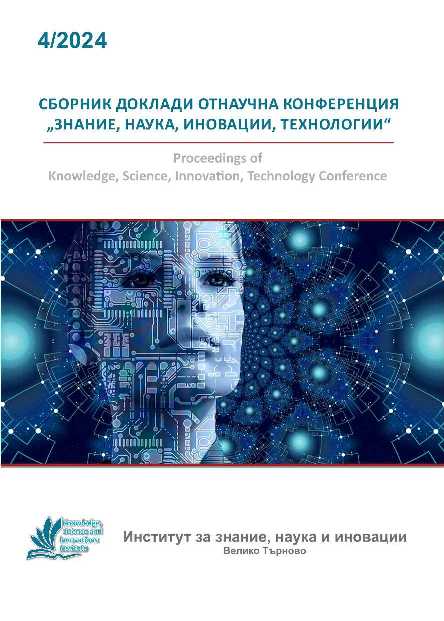Музиката като терапевтична стратегия при постинсултна афазия
Music as a Therapeutic Strategy for Post-Stroke Aphasia
Author(s): Stoyanka Tancheva, Maximiliyana BazanSubject(s): Social Sciences, Psychology, Cognitive Psychology, Neuropsychology
Published by: Институт за знание, наука и иновации ЕООД
Keywords: music; human mirror neuron system (MNS); stroke
Summary/Abstract: Stroke can cause aphasia, motor dysfunction, cognitive impairment, mood disorders and other complications. Introduction: The idea for developing this topic came to us while analyzing our observations on a patient with non-fluent Broca's aphasia, obtained after a stroke and symptoms of dyspraxia and dysarthria, who significantly improved her ability to communicate by listening to her favorite music. Objective: Our goal was to study the influence of music on various aspects of brain activity. Tasks: Our task was to support our thesis that music causes effects on the brain, through which an increase in cognitive and perceptual-motor impulse occurs, provoking higher functional and structural plasticity in it, thus affecting the patient's health status. Material and methods: To implement this task, we used the method of observation and analysis of experimental settings available for information in the scientific literature, conducted in some hospices and leading rehabilitation centers around the world. Results and Discussion: The results and analyses of our observations of the use of music as a means of rehabilitation in post-stroke patients strongly indicate the effectiveness of melody and rhythm on the healing process in these patients, as well as the fact that they retain their motivation to work and concentration of attention to detail for a long time. We suggest that an intervention designed to engage brain regions that overlap with the MNS may have significant clinical potential. Guided by our observations, experience and theoretical training, we argue that this engagement can be achieved through forms of multimodal activity, such as music (playing instruments, singing and even simply listening to a favorite melody). Conclusions: The conclusions that the model of using music in the rehabilitation of post-stroke patients imposes are in support of its influence on the speed of coordination, strengthening of attention, motivation, speed and range of movements controlled by brain structures responsible for fine motor skills of the body. Music usage patterns may offer a promising approach to facilitating expressive language in otherwise nonverbal stroke patients.
Journal: Сборник доклади от научна конференция „Знание, наука, иновации, технологии”
- Issue Year: 1/2024
- Issue No: 4
- Page Range: 1389-1398
- Page Count: 10
- Language: Bulgarian

